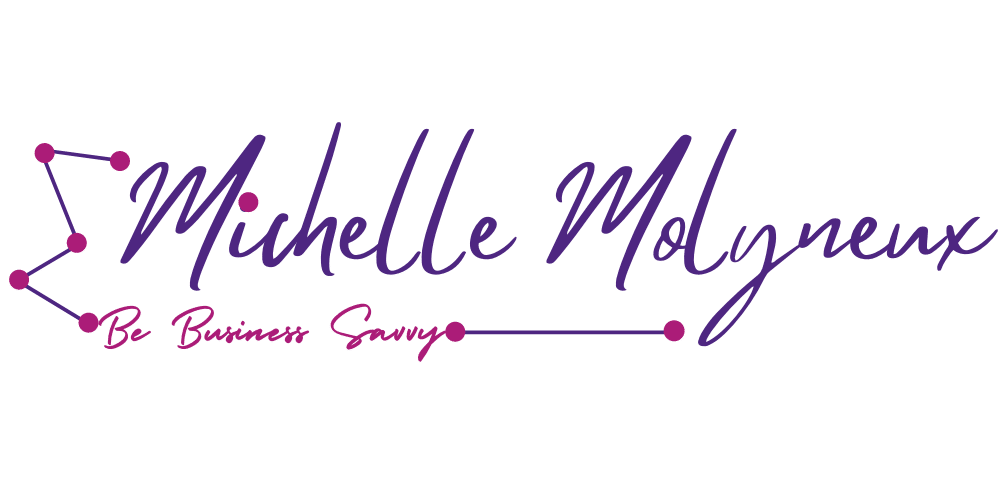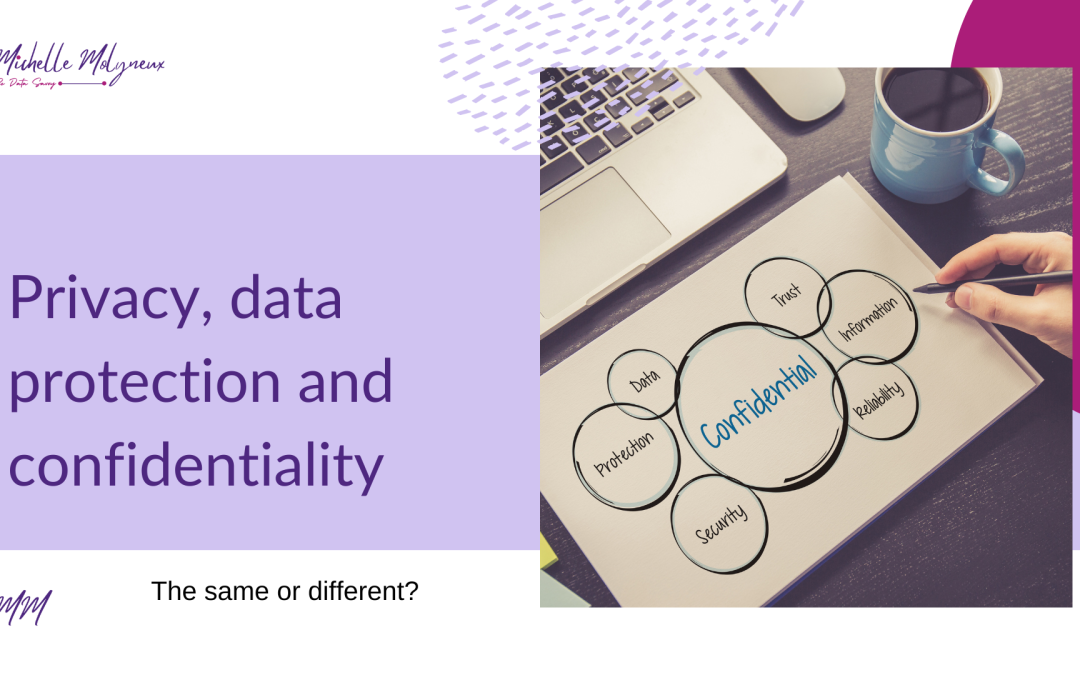Privacy, data protection and confidentiality are interconnecting terms. Are they the same or different?
They can sometimes be viewed as the same thing. But there are differences. Let’s unpick them and see how they are essential in your business.
Definitions
The Human Rights Act states that every individual has a right to privacy and private life. Individuals have the right and control over their personal information, including who has access to it and how it is used. Individuals should be able to keep certain information about themselves private and secure.
Data protection refers to the measures taken to ensure that personal information is handled accurately. It ensures businesses follow relevant laws and regulations. It applies to collecting, storing, and processing personal data and protecting this information from unauthorised access or disclosure. Within the UK and the EU, the right to privacy led to GDPR.
The dictionary defines confidentiality as ‘the fact of private information being kept secret’: a confidentiality agreement/clause. E.g. as soon as he was hired, the company made him sign a confidentiality agreement. Client / commercial confidentiality.
The thread between the three definitions is the data and information. Privacy and data protection concentrates on individual data, whereas confidentiality can include business information. Whichever way you look at it, privacy, data protection and confidentiality are crucial in any business.
5 Reasons Privacy, Data Protection and Confidentiality for Businesses
1. Protects Business Information: Confidentiality builds trust among customers and business partners, as it ensures that information, such as financial data, trade secrets, and customer lists, is not revealed to unauthorised parties. Leaking confidential information could cause significant harm to the business’s reputation, and it may face financial, legal and operational implications. Businesses usually use Non-Disclosure Agreements (NDAs) or confidentiality clauses in their contracts to ensure the confidentiality of organisational information.
2. Comply with Legal Obligations: UK GDPR, Data Protection Act 2018, EU GDPR, and PECR are all there to protect the collection of personal and sensitive information from customers or employees. Data breaches may result in the company facing fines, fines or legal actions, and it also increases transparency and respect for privacy and protects businesses from harm.
3. Enhanced Customer Confidence: Customers feel more comfortable sharing information when they trust that their data will be kept private, and confidentiality assures them that their information is secure. Additionally, when a business keeps information confidential, customers feel that the business is taking its privacy responsibilities seriously, which leads to customer loyalty.
4. Protects Employee Information: Confidentiality also extends to employee data, such as salaries, performance evaluations, and personal information. Maintaining employee data confidentiality increases employee trust and commitment to the organisation, making the workplace feel safer and more secure. Don’t forget this is also covered in the Data Protection Act.
5. Competitive Advantage: It is no doubt that businesses that prioritise confidentiality, data protection and privacy can develop a distinct competitive advantage. Creating a corporate image of reliability, security, and dependability enables clients/customers to trust such businesses with vital business information.
In summary,
Businesses must pay due regard to confidentiality, data protection and privacy. A robust data protection and privacy policy is not only a legal necessity but improves confidence among clients and enables employee loyalty and trust, thus culminating in long-term success.
Accreditations such as ISO 27001 and Cyber Essentials are an excellent way to show compliance. Within the health and social care sector, the NHS Data Security and Protection Toolkit also aids in highlighting to clients’ compliance with data protection and security.
If you would like a conversation to see how we can help you with privacy, data protection and confidentiality, or the supporting with accreditation applications, why not book a 30-minute complimentary call here?

